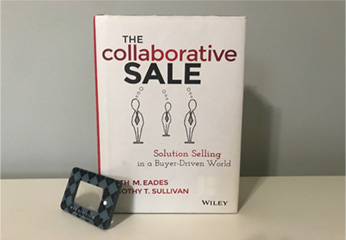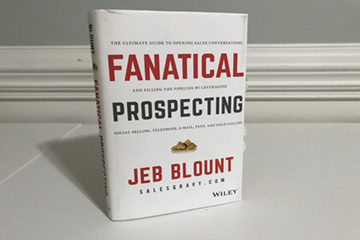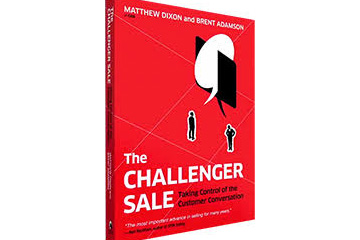Cheryl’s take…
You know those books that you want to like? And that sound like they could have some important takeaways?
But then this scenario unfolds… you make it partway into the second chapter and the book hasn’t hooked you, time is tight, you’ve got another stack of books you’re anxious to dive into and your spouse has already read the book and shared his Cliff Notes version with you.
You’ve got a decision to make…
- Plow through and finish the thing because you’ve got a review to write.
- Use this opportunity to talk about how the most intelligent people in the world have shelves full of books they’ve never finished and then let Pete’s review take center stage.
Yep, option #2.
Not every NY Times Bestseller is going to resonate with everyone, period. I gave it a shot and may pick it up again at some point, but the style was getting in the way of me focusing on what the authors were trying to say. The note about the most intelligent people having lots of unread books? More about that, including some “smart reading hacks” here.
That’s my review. Let’s see what Pete had to say.
Pete’s take…
Having been in sales leadership for most of my adult life, I found a lot to relate to in this book.
In the sales world, each new year begins with salespeople being given a quota as their annual goal and expected sales production. When they meet or exceed their quota, all is well. They earn all their commissions, make their bonuses and sometimes even win trips to exotic places where they hang out sipping tropical drinks with the other winners in the company.
For the salespeople who don’t reach their quotas, you will hear a wide range of reasons for their lack of performance. Things like…
• “I never had a shot at making quota with the territory I was assigned.”
• “If marketing had done a better job with promotions, I would have made my year.”
• “I would have made quota but just couldn’t get our recruiters to find me good candidates.”
• “I did everything I could, but the factory just wasn’t able to produce.”
While there may be some truth in some of the statements, it really comes down to you. Whether you are a salesperson, a manager or even a CEO, the ultimate responsibility for your success lies with you. You have to take ownership and find ways to make things happen.
The way this book was put together kept my interest. Authors, Jocko Willink and Leif Babin alternated writing each chapter. Both were Navy Seals and served our country in the Iraq war. After serving, they started a leadership consulting business in which they trained business executives and managers.
They applied the proven leadership principles they learned as Navy Seals to the business world.
As Seals, their leadership and decision-making skills had to be superior because life and death situations depended on them. In business, I’m guessing you won’t feel the same pressure as someone leading a group of Seals into combat, but stress levels do rise quite high at times. Things can get tense when you’re closing a quarter, or your business is on the brink of exploding with growth or possibly being sunk by the competition. And many of the leadership principles that are applied on the battlefield can be leveraged in the business world.
“A good leader has nothing to prove, but everything to prove” is one of my favorite quotes from the book. Jocko and Leif wrote about the importance of being confident and not cocky.
They emphasize having balance in the way you lead. That it’s important to be aggressive and at the same time not be overbearing. They also discussed the need to rely on the people working under their lead. Since they couldn’t control everything on their own they needed to rely on others who were closer to the situation to make decisions.
On a Navy Seal team, you can only imagine how critical it is to have a strong team environment. Sometimes a leader will have someone working for them that they really like but might be doing a poor job. I agree with the authors that no single person is more important than the team. The leader cannot protect someone because they like them, at the expense of the team. As a leader, tough decisions will need to be made for the good of the team.
The most important message from this book is that ultimate responsibility falls on the leader. Leaders must take extreme ownership and not blame others. It’s easy to blame others for something that goes wrong. It takes a true leader to step up and take real ownership.
PS – I’m a bit of a history buff and grew up watching war movies, so the battle stories were a nice touch that kept me reading to the end.


